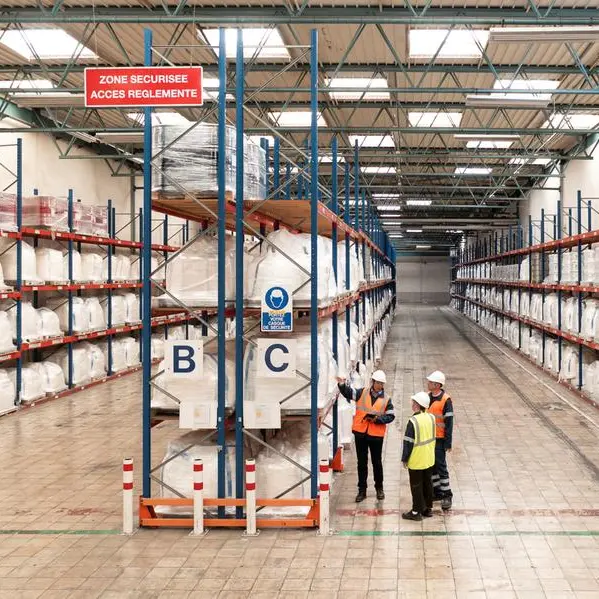PHOTO
The hydrocarbon windfall GCC governments are accruing will more than offset the credit-negative effects of rising global inflation. Moreover, rates of inflation in the GCC economies are much lower than they are elsewhere in the world. According to latest figures, annual consumer price inflation was lowest in Saudi Arabia at 2.3% in June, which is well below the average of 5.7% recorded between July 2020 and June 2021 triggered by the tripling of its value-added tax. Even in the UAE and Qatar where inflation is highest regionally – 5.7% and 5.4% in June, respectively – numbers are well below an emerging market average of 9.7% and advanced economy average of 8.7%.
Relatively low rates of inflation are driven by two factors. First, price caps on domestic fuel (except in the UAE) have limited any inflationary effects from rising crude oil prices. Second, the GCC countries’ long-standing currency pegs to the US dollar have insulated the region from additional inflationary pressures faced by many other emerging markets, whose currencies have weakened since the beginning of the year as a result of the interest rate hikes by the US Fed.
Strong consumer confidence
Moody’s Investors Service (MIS) expects rising global food prices and logistics and supply chain disruptions to be the main source of inflation in the GCC this year, in addition to the turnaround in the real estate and rental market after nearly three years of steady decline. However, GCC inflation rates are likely to remain below those elsewhere in the world. This in turn will limit the negative impact on growth, unlike in the rest of the world where higher inflation may undermine consumer spending. For now, GCC consumer confidence also remains strong. When market-research firm Ipsos conducted a survey of Saudi Arabia's consumer sentiment in May, inflation was in the bottom half of the list of concerns.
Moreover, MIS forecasts a year-on-year increase in government hydrocarbon revenue worth around 5.5% of GDP in Saudi Arabia and Bahrain, 9% in Oman, 10% in the United Arab Emirates, 11% in Qatar and 15% in Kuwait based on our assumption that oil prices will average around $105/barrel this year. This fiscal windfall will help sustain the price caps on domestic fuel prices and finance other fiscal measures that the GCC governments are taking to cushion the negative impact of higher inflation on purchasing power without eroding the GCC sovereigns’ fiscal positions.
Income support
MIS also expects that the additional government measures will contain the increase in socio-political risks observed in much of the broader Middle East and Africa region. For example, Saudi Arabia recently announced that it will allocate an additional SAR20 billion ($5.3 billion or 0.5% of GDP) in cash transfers this year to support low-income households to “confront the repercussions of rising prices globally” and to build strategic stocks of basic commodities like grains to limit future sharp increases in food prices.
Similarly, the UAE announced an increase in annual financial support for low-income Emirati families by AED14 billion ($3.8 billion or 0.75% of GDP), and Kuwait rolled out a new support package for the retirees worth $1.6 billion (0.8% of GDP).






















